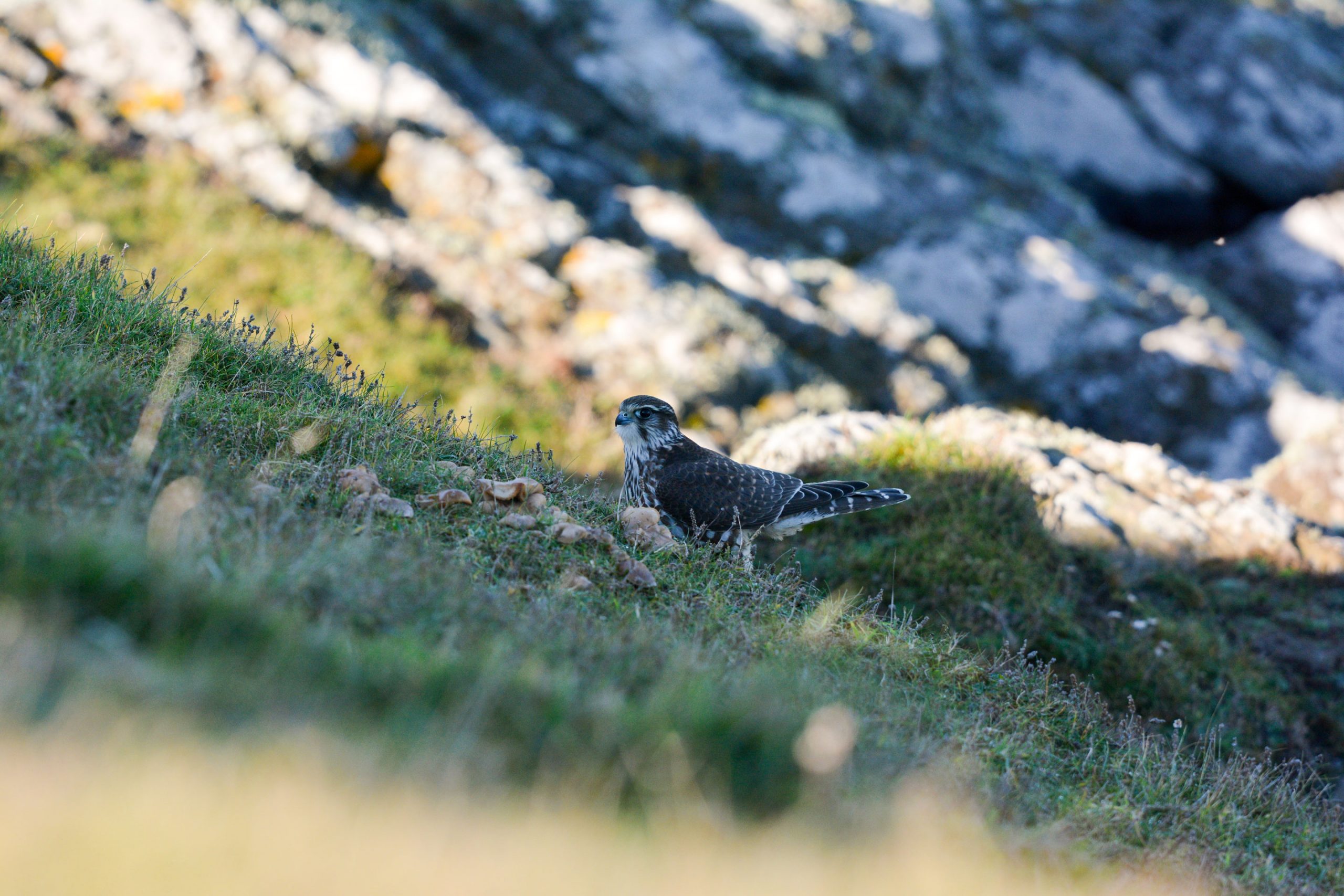In a nutshell…
Birds do a wonderful job for the environment. They’re like flying eco warriors, spreading seeds, controlling pests and creating new habitats.
Their droppings also make for brilliant soil fertiliser – although it doesn’t do much for car windscreens.
All wild birds are legally protected in the UK. You could get into trouble if your project affects them, their eggs or their nests.
So if it looks like they might be on or around your site, you should get a bird survey done early in the planning process. That way, you know what you’re dealing with, and can figure out how to work around them.
We can help you with this. Just click the button above.
Our services include:
- Breeding bird surveys
- Wintering bird surveys
- Vantage point surveys
- Barn owl surveys
- Raptor surveys
- Erection of bird boxes
- Habitat design and creation
Want to know more about how it all works? Read on.
Bird surveys
Birds and habitats suitable for breeding or wintering birds are found on most sites.
Walkover surveys will identify your site’s suitability for birds and favoured habitat. Follow-up surveys may be needed to establish the site’s level of importance to bird species if birds of significant interest are present.
We undertake these surveys between March and September, while birds are building nests and breeding. When considering the presence of bird species of high conservational concern, specific survey approaches might be required.
Due to the seasonality and lengthiness of bird surveys, we recommend consulting an ecologist early in the planning or development process. Darwin Ecology can advise you on the level of surveying and mitigation needed for the development to take place without a hitch.
Use our calendar below to help plan your works schedule.
Mitigation & licensing
Site clearance works should be scheduled between March and September (inclusive) to avoid bird breeding season. If this isn’t possible, we may need to search your site for nesting birds and their young before you can go ahead with site clearance.
There are ways to mitigate disturbance to wintering wading birds. For example, appropriate timing of works, or the use of baffling or other noise reduction techniques.
Where habitat is lost, we can create alternative bird habitats to encourage birds onto your site in the future. This can include suitable native planting areas and the provision of nesting boxes.
A licence may be required to survey birds listed under Schedule 1, such as the barn owl. In England, survey licences are issued by Natural England.
Contact us now for more information on bird surveys in the South and South West.
Current status and protection
All wild birds in the UK are protected under Section 1 of the Wildlife and Countryside Act 1981 (as amended). It’s a criminal offence to intentionally kill, injure or take any wild bird or to take, damage or destroy their nest and/or eggs.
Some bird species, like the barn owl, are listed in Schedule 1 of the 1981 Act and receive further protection. It’s an offence to intentionally or recklessly disturb them while they’re building a nest or in, on or near a nest containing eggs or young. It’s also illegal to disturb their dependent young.
Roughly fifty species are also priorities under the UK Biodiversity Action Plan (UK BAP). They’ve been adopted as species of principal importance in England under Section 41 of the NERC Act 2006.
